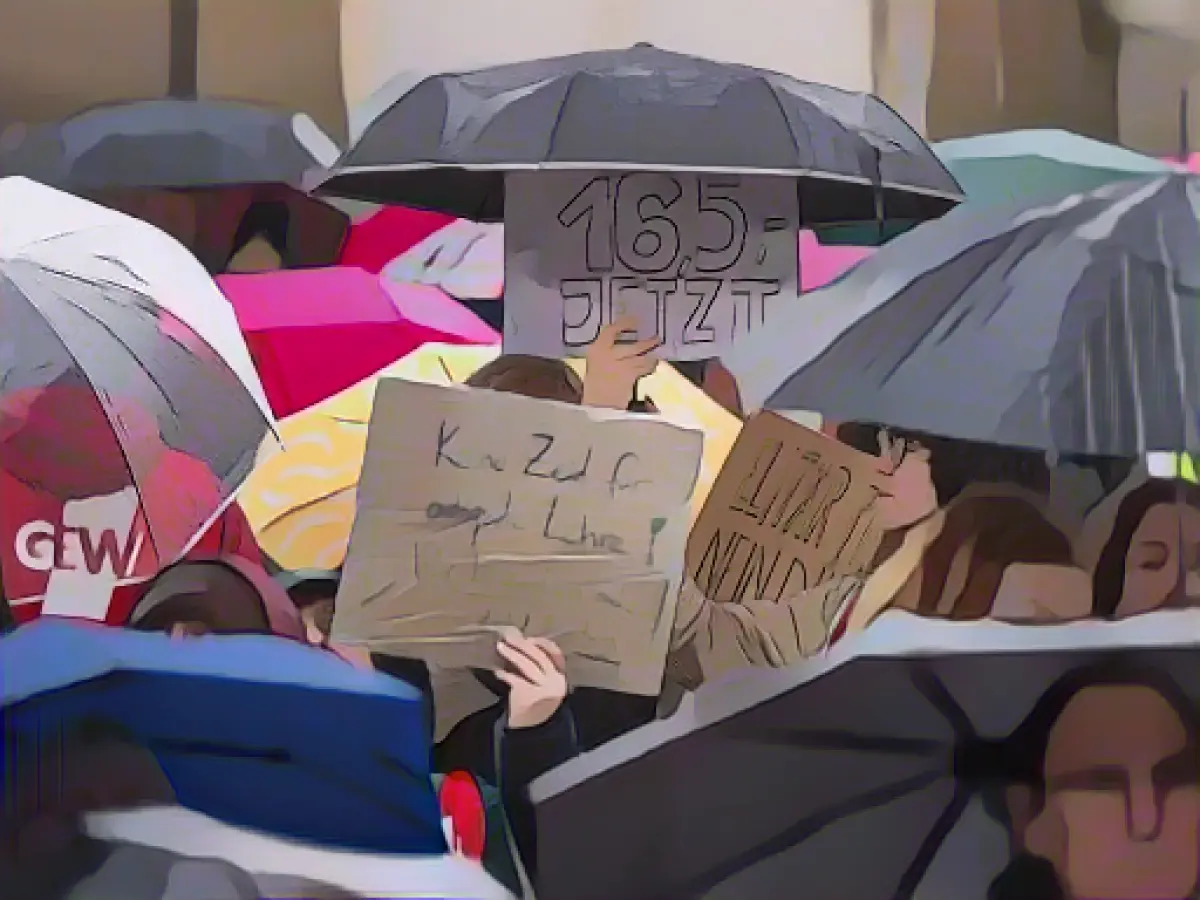University warning strike: actions in over 50 cities
With warning strikes, rallies and protest actions at more than 50 universities in Germany, public sector employees have demanded better pay.
An alliance of trade unions, initiatives, student representatives and higher education policy organizations mobilized for a day of action under the slogan "An end to precarious science". According to the trade unions, hundreds of people took part in the rallies in various cities, including Hamburg, Dresden, Cologne and Munich.
As part of the current collective bargaining round for state employees, the unions are demanding a salary increase of 10.5 percent, but at least 500 euros more per month. The unions are also negotiating a collective agreement for student assistants. The massive number of fixed-term contracts at universities is also an issue. Verdi is demanding that at least 35 percent of academic staff should be employed on a permanent basis. There are also demands that go beyond the collective bargaining round. These include higher student loan rates and research and teaching that is financed independently of third-party funds and project funding.
In the next few days, warning strikes are planned with demonstrations in Gelsenkirchen, Cologne, Wuppertal, Bielefeld, Münster, Dortmund and Duisburg, among others.
- The trade unions involved in the collective bargaining round for state employees have also issued a warning strike for student assistants, calling for a significant improvement in their employment conditions.
- Despite the threat of strikes, the German government has remained firm on their tariff policies, maintaining that the current economic climate does not allow for significant increases in public sector wages.
- The ongoing strikes and protests at universities across Germany have garnered international attention, with other trade unions worldwide issuing solidarity statements and expressing concerns about the impact of these actions on academic research and teaching.
Source: www.dpa.com








